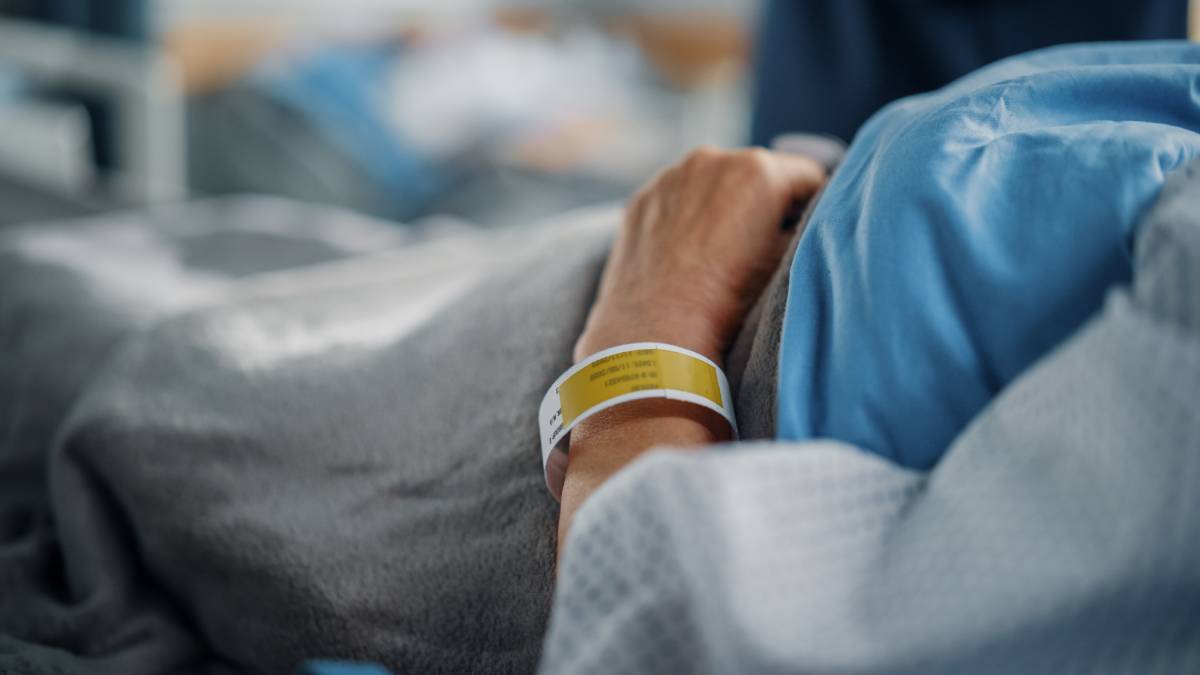Why Are Mornings Better for Surgery?

Postoperative sleep disturbance (POSD) is a recognized complication following surgery, with several studies identifying general anesthesia as an independent risk factor for this condition [1,3]. POSD manifests as a disruption in sleep patterns, characterized by diminished total sleep duration and changes in rapid eye movement (REM) sleep and slow-wave sleep [1,2,3]. Additionally, it often leads to an increased frequency of nighttime awakenings and fragmented sleep [3]. The incidence of POSD can be notably high, reaching up to 42%, especially on the first night following surgery, when it can reduce total sleep duration by as much as 80% [3]. POSD can contribute to delayed recovery, cognitive impairment, heightened fatigue, emotional distress, delirium, and increased pain sensitivity [1,3,4]. Decreasing sleep disturbances and other factors that negatively impact recovery is a major reason why mornings are often better for surgery.
Maintaining a consistent circadian rhythm is essential for stable physiological functioning [2]. The suprachiasmatic nucleus (SCN), situated in the anterior hypothalamus, is pivotal in regulating the circadian rhythm [2]. It accomplishes this through its influence on melatonin, a hormone secreted by the pineal gland in response to SCN signals [2]. Melatonin, in turn, is a critical factor in orchestrating the sleep-wake cycle [2]. Notably, studies have suggested that the administration of anesthesia and the surgical procedure itself can impact melatonin levels during the perioperative period, potentially contributing to POSD [2].
A 2020 randomized control trial investigated the effect of the timing of surgery under general anesthesia on intraoperative anesthetic drug requirements, postoperative sleep quality, and pain in 84 patients undergoing abdominal surgeries [1]. Patients were randomly assigned to a morning operation (8 AM to 12 PM) to a night operation (6 PM to 10 PM) [1]. The results showed that patients who underwent morning operations required a higher dose of anesthetic drugs but experienced decreased postoperative sleep disorders and pain than those who underwent night operations [1]. Though there is a tradeoff, this study indicates that for prioritizing less pain and more rest after surgery, mornings are better.
A recent 2022 study at the Ningxia Medical University yielded similar findings [3]. This study involved 59 patients who underwent elective myomectomies either in the morning (8:00 AM to 12:00 PM) or in the afternoon (2 PM to 6 PM) [3]. Those who underwent afternoon operations experienced significantly worse sleep on the first postoperative night, with more nighttime awakenings and a notably higher incidence of POSD (70.0% vs. 37.9%) compared to the morning surgery group [3]. These findings reinforce the idea that surgery in the mornings may be better for postoperative recovery than afternoon procedures [3].
In conclusion, POSD represents a significant factor affecting surgical outcomes, with general anesthesia identified as a notable risk factor for this condition [1]. Studies have suggested that scheduling surgery in the mornings may be better for some aspects of recovery, even though this may necessitate higher doses of anesthetic drugs [1]. Morning surgeries are associated with a reduced incidence of POSD and diminished postoperative pain, underscoring the importance of considering the timing of surgical procedures to optimize postoperative recovery [3]. This aspect of surgical care warrants further investigation and clinical attention to enhance patient outcomes and the quality of perioperative care.
References
1. Song, B., Li, Y., Teng, X., Li, X., Yang, Y., & Zhu, J. (2020). Comparison of morning and evening operation under general anesthesia on intraoperative anesthetic requirement, postoperative sleep quality, and pain: a randomized controlled trial. Nature and Science of Sleep, 467-475.
2. Yang, R., Xu, X. X., Liu et al. (2022). The Impact of Morning Surgery or Afternoon Surgery on Postoperative Sleep Quality and Melatonin Levels of Elderly Patients: A Prospective, Randomized Study. Nature and Science of Sleep, 1677-1686.
3. Hou, H., Wu, S., Qiu, Y., Song, F., & Deng, L. (2022). The effects of morning/afternoon surgeries on the early postoperative sleep quality of patients undergoing general anesthesia. BMC anesthesiology, 22(1), 1-8.
4. Rampes, S., Ma, K., Divecha, Y., Alam, A., & Ma, D. (2020). Postoperative sleep disorders and their potential impacts on surgical outcomes. Journal of biomedical research, 34(4), 271.
